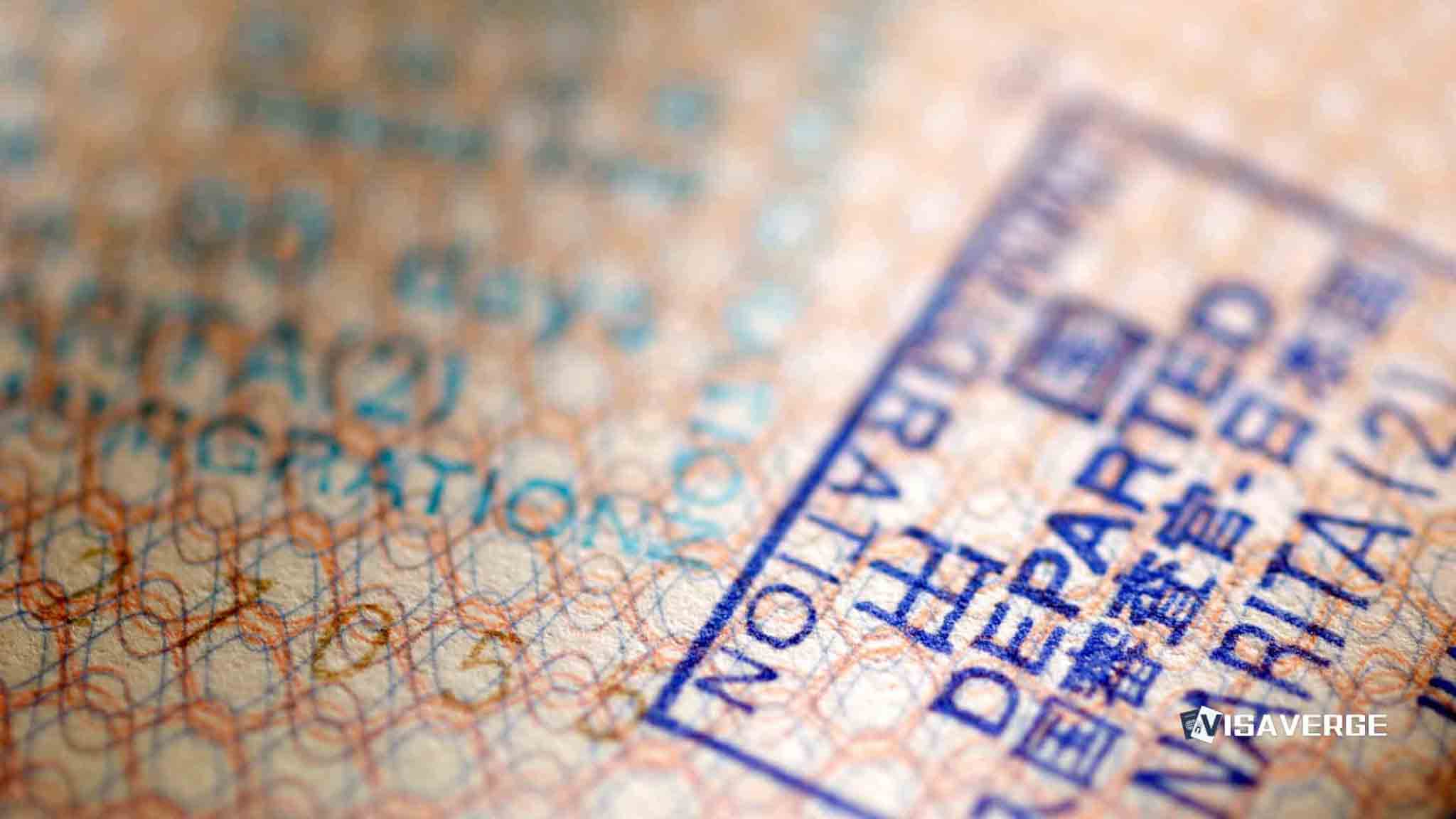H2: Navigating English Language Nuances as a US Expat in the UK
Moving to a new country comes with its joys and challenges. For US expats in the UK, one of the unexpected hurdles can often be the language barrier. While both countries speak English, there are considerable dialect differences and local idioms that can cause confusion. In this article, we’ll explore the English dialect challenges for US expats and offer tips on overcoming language barriers in the UK.
H3: Understanding English Dialect Challenges for US Expats
You might think that speaking the same language means communication will be smooth sailing. However, the UK is home to a rich tapestry of regional dialects. From the rapid clip of Scottish English to the melodic lilt of Welsh English, each area offers its unique version of the language.
As a US expat, you may encounter terms and sayings that are unfamiliar. For instance, the British “biscuit” is the American “cookie,” and when a Brit says “cheers,” they might be expressing thanks rather than toasting a drink. It’s these small differences that can make the adjustment surprisingly tricky.
H3: Overcoming Language Barriers in the UK
Fear not, as there are plenty of strategies to make this transition easier. Here are a few to get you started:

- Listen to Local Media: Dive into British television, radio, and podcasts. Immersing yourself in the local media helps to attune your ear to the accent and slang.
- Socialize with Locals: Engage in conversations with British nationals. Regular interactions will boost your understanding of phraseology and context.
-
Language Classes or Workshops: Consider enrolling in a course designed for understanding regional dialects and colloquialisms.
-
Use Technology: Language learning apps and online resources can provide interactive ways to learn and practice.
-
Be Patient and Ask Questions: When in doubt, don’t hesitate to ask for clarification. People usually appreciate your effort in trying to understand and engage with the local culture.
H3: Practical Resources for Understanding UK Visas and Immigration Rules
Aside from language, it’s crucial to grasp the legal side of moving to the UK. Familiarize yourself with the visa requirements and immigration rules. Whether you’re looking for work visas or seeking information on permanent residency, the official UK Government Immigration website is your authoritative source. The site provides essential advice and updates on travel conditions and other immigration requirements.
H3: Embracing the New Cultural Experience
While you might still stumble upon an incomprehensible phrase or a tricky accent, view these moments as part of the larger adventure. The UK’s linguistic landscape is as varied and fascinating as its history, and exploring it can be immensely rewarding.
In conclusion, US expats in the UK may indeed face English dialect challenges, but with the right approach, these can be overcome. Stay curious, be proactive in your language learning, and engage with the community around you. And remember, the most important thing is to enjoy the richness and diversity of your new home.
Embarking on this journey armed with an understanding of language nuances and solid knowledge of immigration policies will certainly make your transition smoother. Welcome to your new adventure in the UK!
Expert Insights
Did You Know?
- The United States has a long history of welcoming immigrants. According to the Migration Policy Institute, immigrants made up about 14% of the total U.S. population in 2019, with over 44 million people.
- The United Kingdom has also been a popular destination for immigrants. As of 2020, the Office for National Statistics reported that over 9 million people living in the UK were born abroad, accounting for around 14% of the population.
-
The United States has the highest number of immigrants in the world. According to the United Nations, over 51 million international migrants were living in the U.S. in 2020.
-
The United Kingdom has a rich history of immigration. After World War II, there was a significant influx of immigrants from former British colonies, such as the Caribbean and South Asia, to help rebuild the country. This wave of immigration has shaped the multicultural society that exists today.
-
Immigration has had a positive impact on the economies of both the United States and the United Kingdom. According to a study by the National Academies of Sciences, Engineering, and Medicine, immigrants contribute to innovation, entrepreneurship, and job creation, benefiting the overall economy.
-
Language barriers can be a significant challenge for immigrants. In the U.S., Spanish is the second most spoken language, with over 41 million people speaking it at home. In the UK, Polish is the second most commonly spoken language, followed by Punjabi and Urdu.
-
Immigrants often face a range of legal and bureaucratic challenges when navigating the immigration system. Understanding visa requirements, immigration rules, and documentation can be complex and time-consuming.
-
Immigrants bring cultural diversity and contribute to the cultural fabric of their new countries. They introduce new traditions, cuisines, and perspectives that enrich society as a whole.
-
The United States and the United Kingdom have both implemented immigration policies and reforms throughout their history. These policies have been shaped by different social, economic, and political factors, influencing who is eligible to immigrate and what rights they have as immigrants.
-
The experience of being an immigrant is unique for each individual. While some may face language barriers and cultural adjustments, others find support and a sense of belonging in their new countries. The journey of immigration is filled with challenges and opportunities for personal growth and cultural exchange.
Remember, immigration is a complex and multifaceted topic, and these facts only scratch the surface. Delving deeper into the history, laws, and societal impacts of immigration can provide a better understanding of the diverse experiences and contributions of immigrants around the world.
Learn today
Glossary or Definitions
- US expat: A term used to refer to a United States citizen who is living or residing in a foreign country, such as the United Kingdom (UK), for both short-term and long-term stays.
- Language barrier: The difficulty or inability to communicate effectively due to differences in language, including vocabulary, grammar, and pronunciation.
-
Dialect: A variation or form of a language that is specific to a particular region, community, or social group, often characterized by unique vocabulary, pronunciation, and grammar.
-
Idiom: A phrase or expression that has a figurative meaning different from its literal interpretation, often specific to a particular language or culture.
-
Cookie: In the context of US expats in the UK, the American term for a small and sweet baked treat typically referred to as a “biscuit” in British English.
-
Cheers: A British English expression used to signify gratitude or thanks, which can sometimes be confused with toasting a drink.
-
Immersion: The practice of surrounding oneself with a particular language or culture to facilitate language learning, often through exposure to media, conversations, and everyday interactions.
-
Phraseology: The specific choice and combination of words used in a particular language or dialect that conveys a meaning or message.
-
Colloquialism: Informal and conversational language unique to a specific region or social group, often characterized by slang terms and idiomatic expressions.
-
Language learning apps: Mobile applications designed to aid language learning and acquisition through interactive exercises, lessons, and practice activities.
-
Visa requirements: The specific regulations, documentation, and processes that individuals need to fulfill in order to obtain a visa, which is a legal authorization to enter, stay, or work in a foreign country.
-
Immigration rules: The set of laws, regulations, and policies that govern the entry, stay, employment, and residency status of foreign nationals in a particular country.
-
Work visa: A type of visa that allows individuals to work legally in a foreign country for a specified period, usually granted based on employment offers or qualifications.
-
Permanent residency: A legal immigration status that grants individuals the right to permanently reside in a foreign country, often with the possibility of eventually obtaining citizenship.
-
Official UK Government Immigration website: A website maintained by the UK government that provides authoritative information, guidance, and updates on visa and immigration requirements, travel conditions, and other related topics.
-
Linguistic landscape: The overall language diversity and characteristics of a particular region or community, including the unique dialects, accents, and linguistic features present.
-
Language nuances: Small and subtle differences or intricacies within a particular language or dialect, including variations in vocabulary, pronunciation, and idiomatic expressions.
-
Transition: The process of adjusting and adapting to a new environment, culture, or lifestyle, such as when moving to a different country as an expat.
So, my friend, navigating the English language as a US expat in the UK can be a real hoot! From biscuits to cheers, it’s a world of linguistic adventures. But don’t fret! Check out visaverge.com for more tips and tricks to conquer those dialect challenges. Embrace the adventure, learn the lingo, and discover the joys of your new home! Cheers, mate! 🇺🇸🇬🇧🌍
FAQ’s to know:
FAQ 1: What are the language challenges for US expats in the UK?
US expats in the UK may face language challenges due to dialect differences and local idioms. Regional dialects in the UK, such as Scottish English and Welsh English, have unique variations in pronunciation, vocabulary, and grammar. Additionally, common terms and sayings in the UK may differ from American English, such as “biscuit” for “cookie” and “cheers” being used to express thanks. Familiarizing yourself with these nuances is important for effective communication.
FAQ 2: How can US expats overcome language barriers in the UK?
To overcome language barriers in the UK, US expats can take several steps:
- Immerse yourself in local media – Listening to British television, radio, and podcasts helps in attuning your ear to the accent and understanding slang.
- Engage with locals – Actively engaging in conversations with British nationals helps improve your understanding of regional phraseology and context.
- Consider language classes or workshops – Enrolling in courses specifically designed to understand regional dialects and colloquialisms can enhance language skills.
- Utilize technology – Language learning apps and online resources provide interactive ways to learn and practice.
- Be patient and ask questions – When in doubt, don’t hesitate to ask for clarification. People appreciate the effort made to understand and engage with the local culture.
FAQ 3: Where can US expats find resources on UK visas and immigration rules?
US expats can find comprehensive and up-to-date information on UK visas and immigration rules on the official UK Government Immigration website. This website, accessible at www.gov.uk/browse/visas-immigration, provides essential advice and updates regarding visa requirements, travel conditions, and other immigration regulations. It is crucial to familiarize yourself with these policies to ensure a smooth transition and compliance with legal requirements.
What did you learn? Answer below to know:
-
True or False: US expats in the UK may encounter dialect differences and local idioms that can cause confusion. (Keywords: US expats, UK, dialect differences, local idioms)
-
What is one strategy recommended for overcoming language barriers in the UK? Choose the best answer.
a) Watching British television shows and movies.
b) Avoiding socializing with locals.
c) Not using language learning apps or online resources.
d) Being impatient when asking questions for clarification. (Keywords: overcoming language barriers, UK, strategy, language learning apps, socializing) -
Where can you find essential advice and updates on travel conditions and immigration requirements when moving to the UK? (Keywords: essential advice, updates, travel conditions, immigration requirements, UK)








